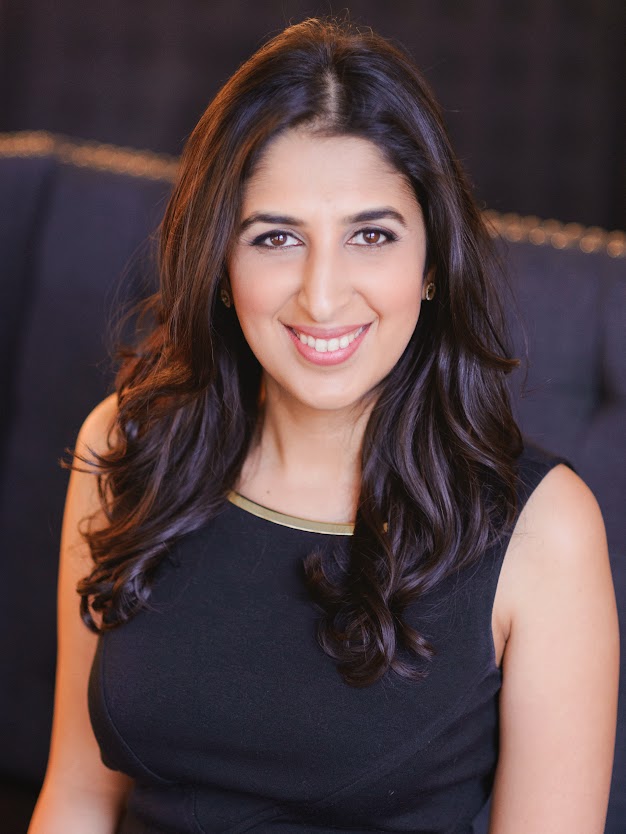When I was 13 years old, my family was faced with a daunting choice. Either I would undergo an invasive exploratory surgery to visualize my ovary and surrounding anatomy to determine if I had cancer, or we’d wait to see if the mass grew, or—put another way—if the cancer developed further. Doing a biopsy of a cyst isn’t recommended because if it is cancerous, malignant cells may spill into the rest of the body. Because of this, and because of the way cysts sometimes fuse to ovaries, the ovary itself is often removed when doctors attempt to remove a cyst. Even if we did just the exploratory surgery, there was a risk of scarring or damaging my ovary, which could potentially impact my chances of getting pregnant or cause lifelong hormonal imbalance. Waiting was also risky, since ovarian cancers tend to be aggressive. A patient’s odds of surviving five years drops from 95 percent to about 50 percent if the cancer spreads from its initial location.
Still, we decided not to rush the decision. As the pain subsided into a dull ache, I pushed myself to go back to school, wanting a sense of normalcy. But I had trouble concentrating during class, constantly replaying the conversation with the doctor and focusing on what bad news might come my way. I would often look past my friends while they were talking to me, preoccupied. I could tell that my teachers were tracking both my academics and my mood carefully, having been informed by my parents about what was happening. One day during human anatomy, normally one of my favorite classes, the teacher called on me to answer a question about the immune system. I had tuned out early in the lesson and now found myself staring at her wide eyed, a blank expression on my face. I was lost. Ms. Anita Chetty was stern, with high expectations; she was the last teacher you wanted to ire. When she asked me to come see her after school, I knew I was in trouble.
Walking into her classroom at the end of the day, I was surprised to find a 3-D model of the female reproductive system on display. As she sat down in front of me, I readied myself for a lecture. Instead, with a slight softening of her expression, she asked, “Do you want to learn more about the biology behind your condition?” When I nodded mutely, she continued. “There,” she said as she pointed, “you have two ovaries. They sit above your uterus, and are connected to your uterus by the fallopian tubes. They contain unfertilized eggs, and help control your hormone levels.”
At home, my family had little interest in talking about the female reproductive system. It was just too uncomfortable, so we’d basically taken to referencing my illness only glancingly and avoiding words like uterus and ovary. Even though I had read some of this online, it was comforting to go through it with Ms. Chetty. I had spent a month now feeling stressed and scared, but her forthrightness calmed me down.
Hungry for more information, I went to the public library and ended up searching the stacks for medical journals that could explain my condition in more detail. That was the first time I held such a book in my hands. And from the limited number of articles on ovarian cysts and cancer, I realized that the scientific community had a limited understanding of ovarian cancer. Compared to other conditions, there was less research available, meaning there would be no easy, clear answers. My family and I would need to decide more on gut instinct than medical knowledge, which is what we did. One evening, after my sister excused herself from the dinner table, I told my parents that I wanted to skip the surgery and wait to see what happened.
After six months, the cyst dissolved on its own in a painful burst, which happened in the middle of Spanish class and caused me to pass out. We finally knew that it wasn’t cancer. My family was able to relax again, and I was, too, but as my fear faded, a new emotion took its place. I was angry. We’d had to do too much guessing and waiting. We were forced to make so many impossible choices.
I didn’t fully realize it at the time, but Ms. Chetty, as well as my English teacher Ms. Sharron Mittelstet, were quietly and patiently channeling my anger into knowledge, feeding my curiosity, and gently steering me toward the realization that what I was going through had significance and value. Ms. Chetty helped me learn about my condition and develop my scientific mind. Ms. Mittelstet taught me that writing about the complicated emotions I was cycling through could help me deal with them. She spent her lunch breaks and many after-school hours reading my writing, helping me refine my thoughts and identify my feelings.
When it came time to apply to college, I had my heart set on going to the University of California at Berkeley, since it was close to home and had a stellar biology program. Ms. Mittelstet coached me through crafting a personal statement that spelled out a dream that, thanks to her and Ms. Chetty, was taking shape in my young mind: I wanted to further my education so that I could someday start a company focused on women’s health. I wanted to find solutions to the problems I’d faced personally, and help others avoid some of the uncertainty and pain I’d felt.



